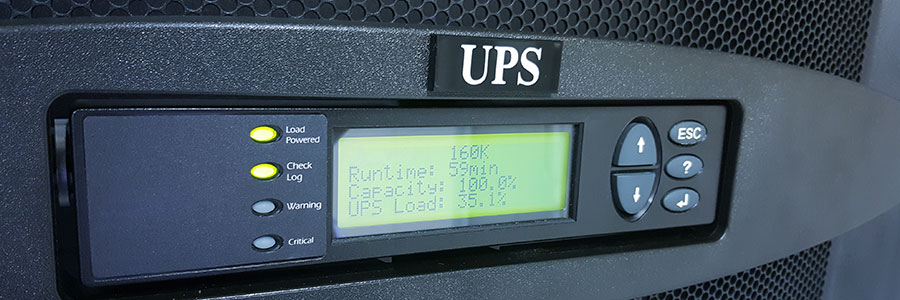During a power outage, responsible business owners use emergency power to keep desktop computers from unexpectedly shutting down. While that’s certainly a good strategy for keeping machines operational and preventing data loss, there’s something else you can do to ensure that your staff remains productive while weathering a storm: uninterruptible power supply (UPS) for networking equipment.
Top reasons for technology business reviews

Businesses need technology to be profitable and productive. But not all technologies are capable of delivering on their perceived benefits. To make sure your investments are worth keeping, you need to perform technology business reviews.
A technology business review reveals the strengths and weaknesses of your company’s IT framework.
How virtual reality helps small- and mid-sized business

Virtual reality (VR) has many benefits. Its immersive sensory experience is being applied in healthcare, gaming and entertainment, fashion, the military, and the media, just to name a few. Small- and mid-sized businesses are no exception, as this technology is changing how they normally do business in wonderful ways.
The business benefits of IAM

Your employees access applications and confidential business data every day. Hackers, on the other hand, are trying to do the exact same thing but for more malicious reasons. What’s worse, even employees can go rogue and steal your data, which is why it’s crucial that you have an identity and access management (IAM) solution in place.
Taking business continuity to the cloud
Is It Time For a Server Upgrade?

While many of us may not physically see our servers as often as we see our personal terminals, we interact with them directly or indirectly daily. Within your office network, the server is the heartbeat of the entire system. Since we rely on them without directly interacting with them we tend to forget that they’re there.
BI is not just for the big boys
How CRM boosts business revenue
When Should I Upgrade My Technology?

When is the worst time to decide you need a new car? It’s probably when you’re on the side of the road in your old, broken down clunker that just won’t run anymore. Hopefully, you’ve never experienced that before. Unfortunately, businesses often find themselves in that exact situation when it comes to their computer systems.





